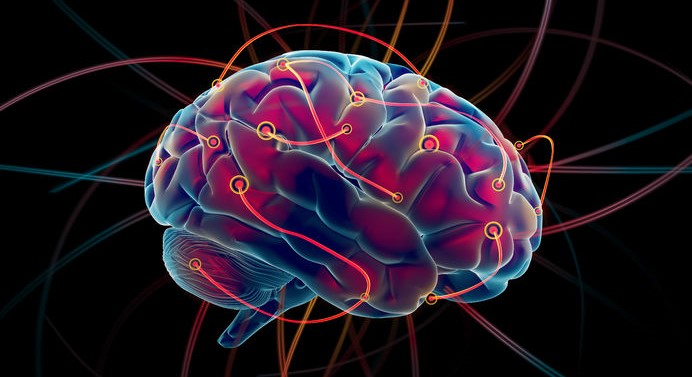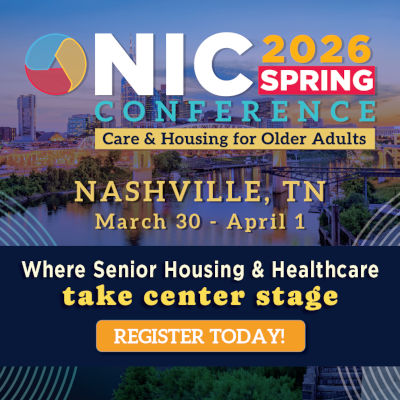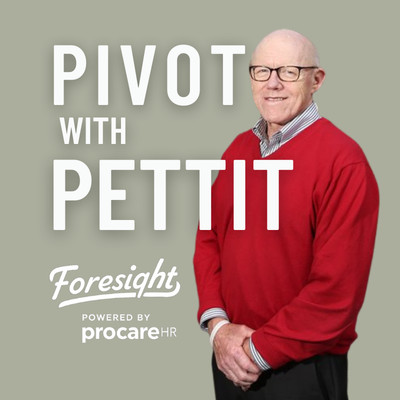In senior living memory care, each day is unique. Residents’ needs and abilities are changeable: some days things come easily, other days everything is a challenge.
By Pam McDonald
In senior living memory care, each day is unique. Residents’ needs and abilities are changeable: some days things come easily, other days everything is a challenge. Families may be unsure how to respond to or engage their loved one. And staff is required to adapt and adjust, sometimes minute to minute.
LifeShare Technologies, a Senior Housing Forum partner, is loaded with engagement programming for residents, including music, games, news, and faith-based presentations, and it offers a special, simplified memory care version. It can be used as a therapeutic tool by staff and provide cognitive support for memory care residents. It also increases family engagement opportunities to use in person or virtually.
LifeWell Senior Living, based primarily in Texas, uses LifeShare Technologies in four communities and will be adding more this year. Candace Logan, Memory Care Coordinator at Legacy at Forest Ridge, says that LifeWell has seen the most benefits in memory care.
The Dementia Clock
LifeShare’s simplified memory care version features fewer programming choices and a “dementia clock”. Because people with diseases like Alzheimer’s have fluctuating cognitive abilities, they may benefit from being reacquainted with their current environments. Orientation cues – such as the day of the week and time of day – may reduce their anxiety. Fewer residents’ experiencing confusion and panic relieves pressure on caregiving staff.
The clearest memories for today’s senior living residents might be of the 1950s when digital clocks were virtually nonexistent. LifeShare Technologies dementia clock use a traditional round face dial with numerals. Residents can glance up and be reassured of the time and date.
The Power of Pictures
Because LifeShare makes sending and displaying pictures so easy, families can personalize their loved one’s system, adding images with special meaning to that resident. Research has shown that there is a “picture superiority effect” – which means, in simple terms, we remember pictures better than words.
“In populations with Alzheimer’s disease and other mild cognitive impairments, the picture superiority effect remains apparent,” according to a 2009 article in the journal Neuropsychologia. Families or staff can use LifeShare to reminiscence with residents, stimulating discussion and providing cognitive therapy.
“The best thing that the residents get out of LifeShare,” Candace says, “is smiles. They don’t see the photos and videos as LifeShare, they see them as TV.”
Entertainment and Brain Gain
LifeShare’s games offer both entertainment and brain exercise. While chess, Solitaire, puzzles, and the like are included on LifeShare, other choices are available that may be a better fit for Memory Care. These include Name that Croon, Cosmic Patterns, Math Monsters, Word Search, Chasm, Guess What?, and Tic Tac Toe.
Activity department staff in memory care can assist residents in playing on their own or in groups. Residents also can be given a choice of activities when smaller groups are run simultaneously.
Wellness – Music and Faith Programming
The value of music as therapy for dementia care is well documented and Coro Health designed LifeShare’s music selections. (For a description of the ways music can enhance life for seniors, check out Using Music to Mess with Resident and Family Members – In a Good Kind of Way.)
Recent research is finding that religious, spiritual and faith practices also can be beneficial to those with dementia. According to a 2014 article in Pyschogeriatrics, “Spirituality and religion appear to slow cognitive decline, and help people use coping strategies to deal with their disease and have a better quality of life.” LifeShare’s faith programs include prayers, scripture readings, meditations and study programs.
Using LifeShare Technologies in memory care increases the options available for residents and their families and aids staff in helping residents with dementia to experience their best day possible.
Those interested in learning more about LifeShare Technologies can call (317) 825-0320 or click on the logo button below to visit their website:
Click on the button below to download a PDF copy of this article:









